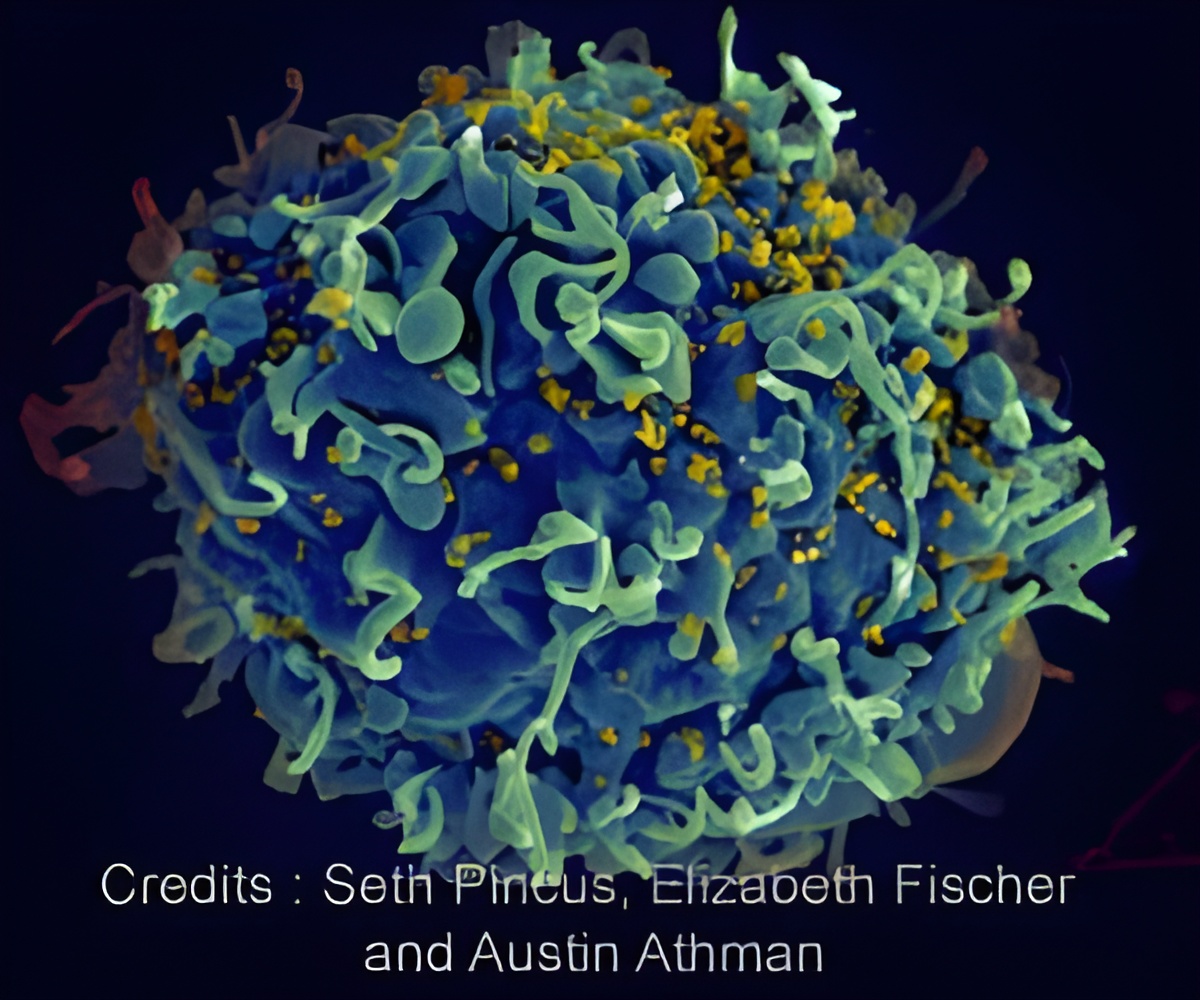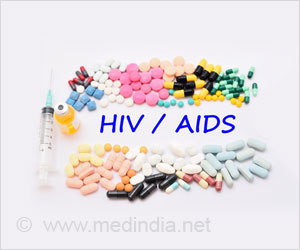HIV-infected cells release vesicles that contain a viral protein called Nef, impairing cholesterol metabolism and triggering inflammation in uninfected bystander cells.

‘The study findings show how HIV infection causes a wide range of conditions that are associated with dysfunction in uninfected cells.’





The results showed that the HIV protein Nef is released from infected cells in vesicles that are then rapidly taken up by uninfected bystander white blood cells, impairing cholesterol metabolism in these cells. This impairment causes the formation of excessive lipid rafts -- discrete lipid domains present in the external leaflet of the plasma membrane - and the re-localization of inflammatory receptors into rafts, triggering inflammation. The findings demonstrate how a single viral molecule released from infected cells into circulation may contribute to a range of pathogenic responses. The authors add, "Our study points to a common mechanism of various co-morbidities of HIV infection. This opens a possibility to target this mechanism using drugs affecting cholesterol metabolism to treat several co-morbidities in people living with HIV."
Source-Eurekalert












